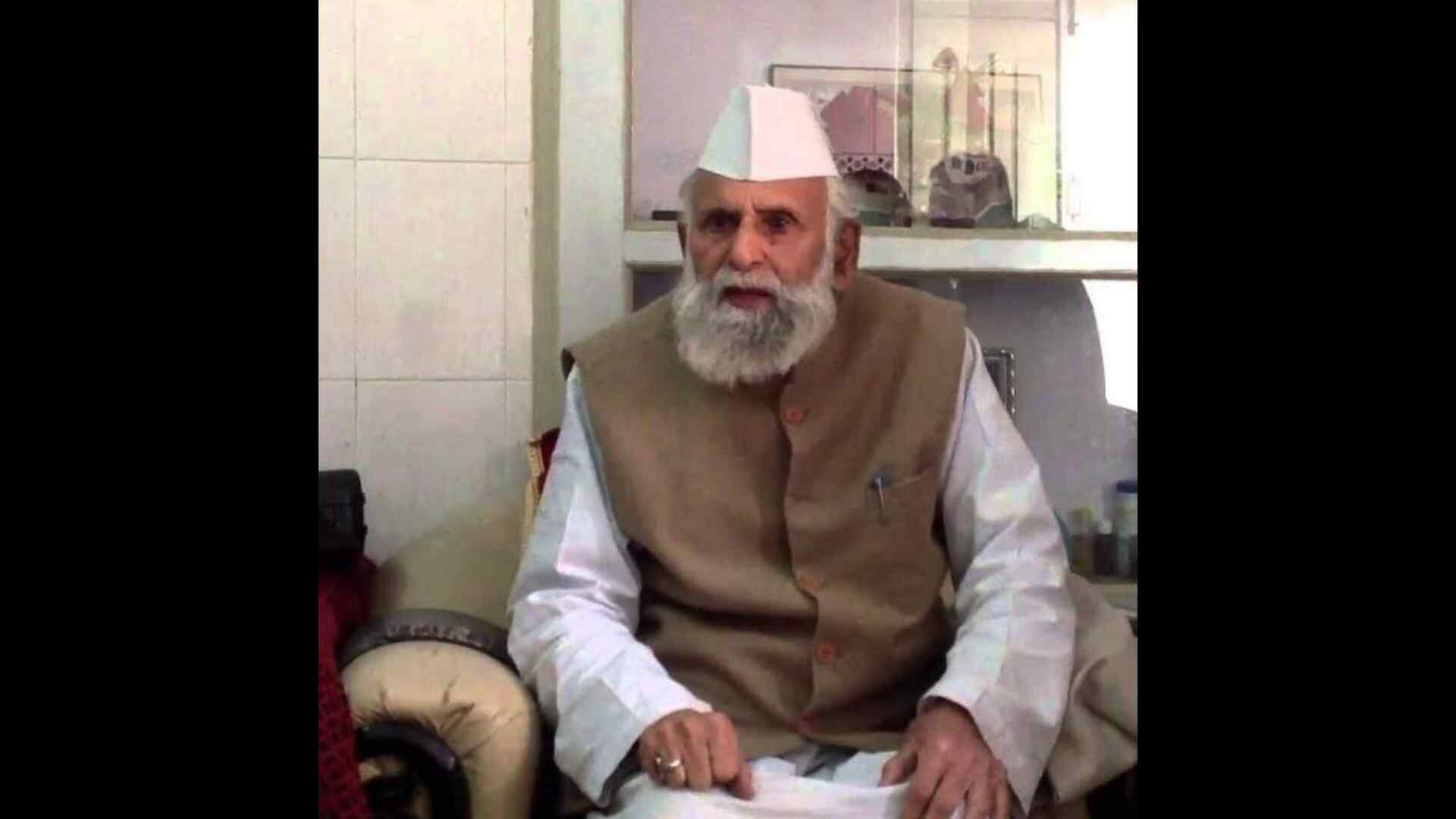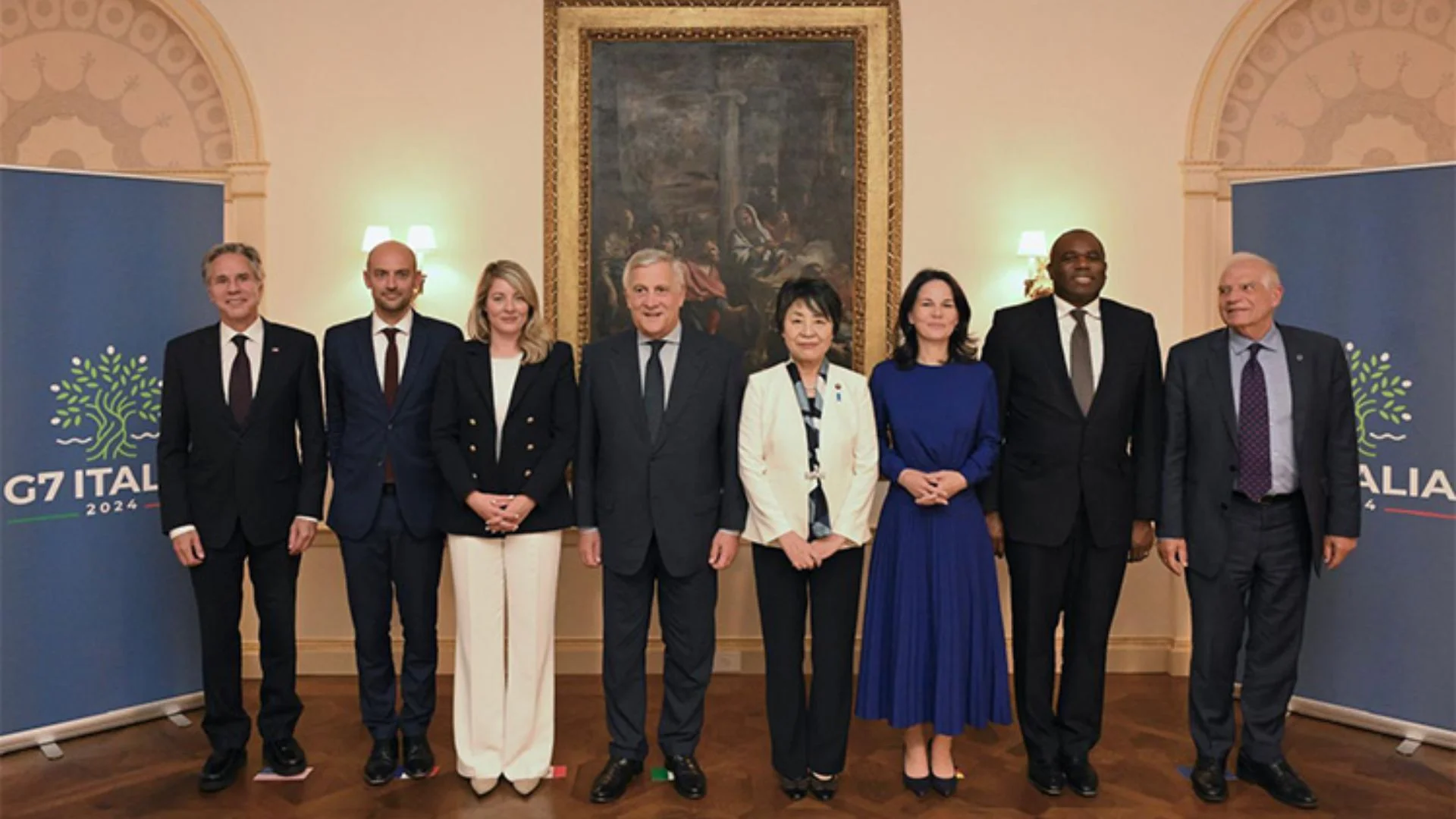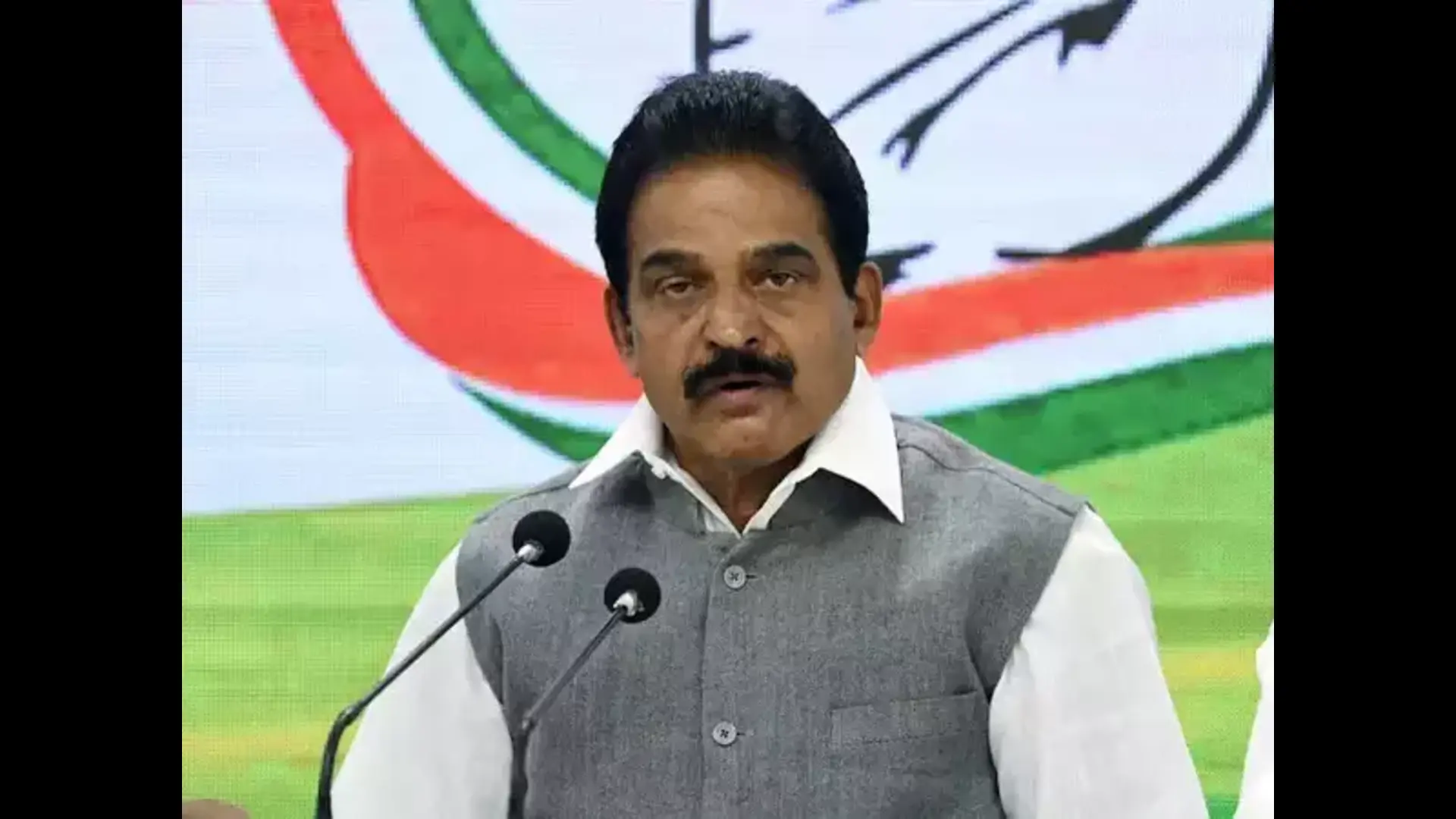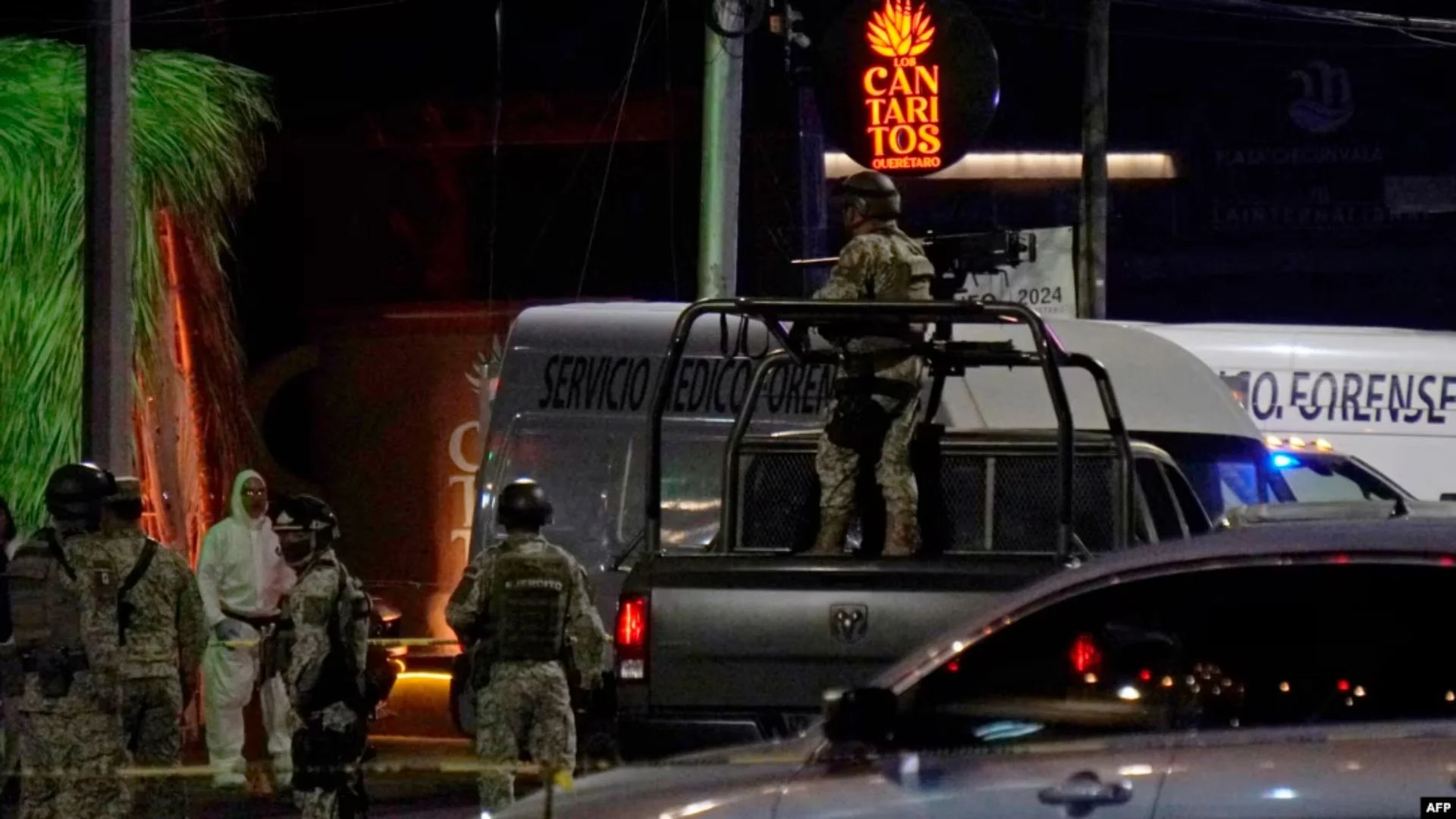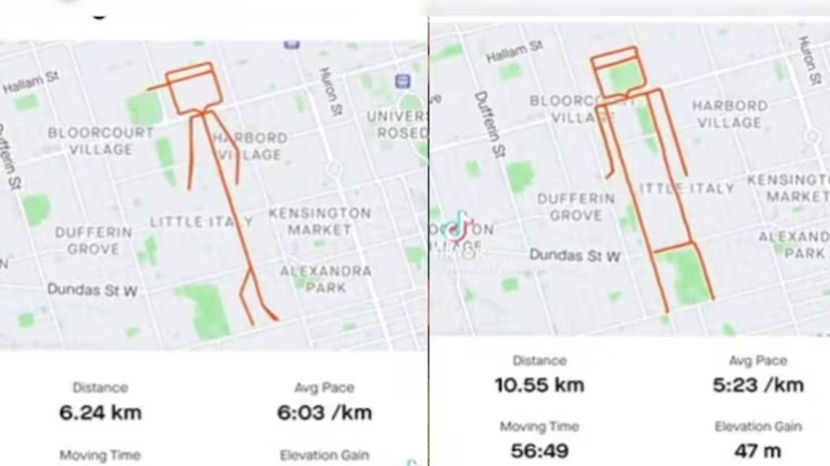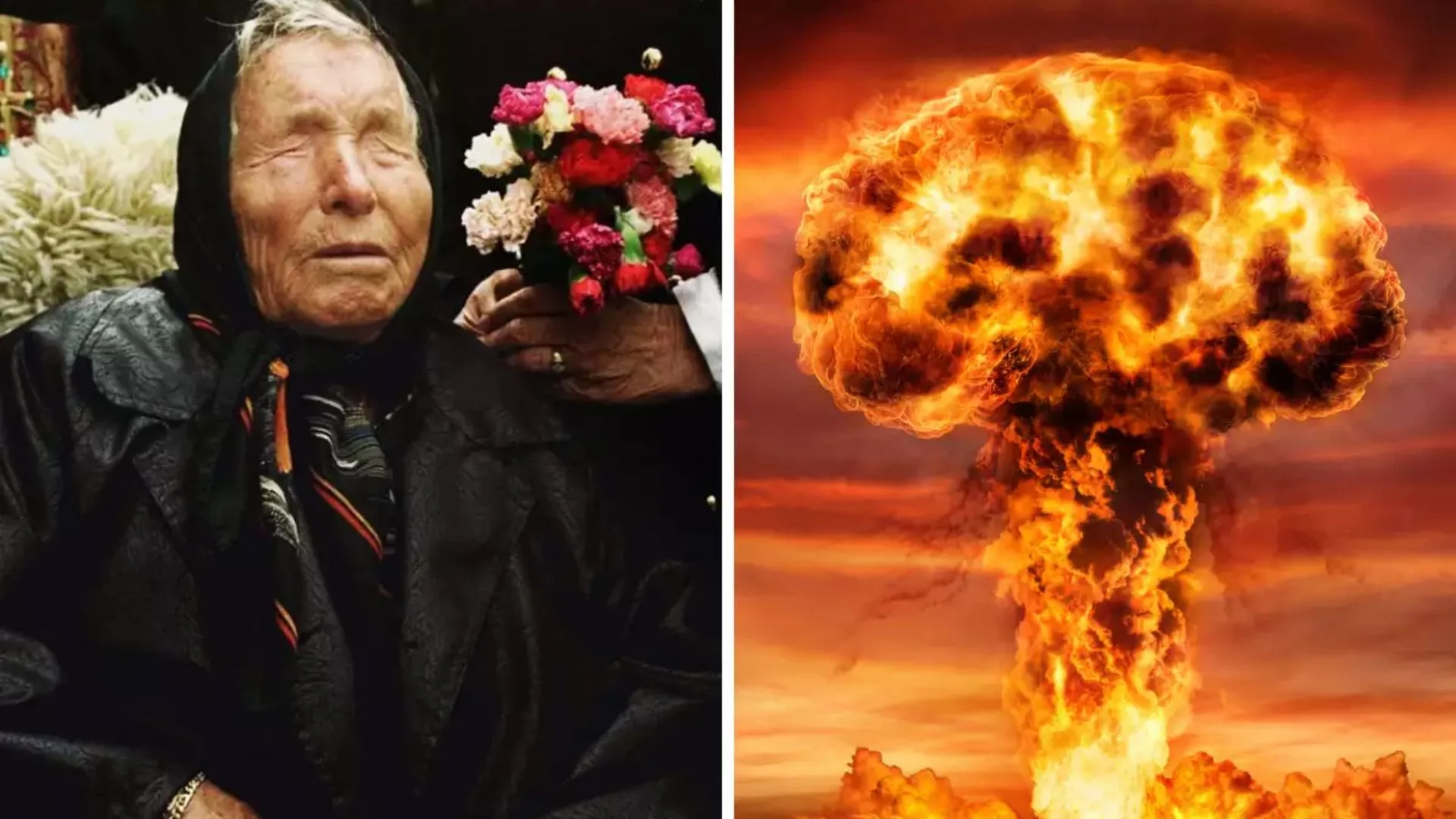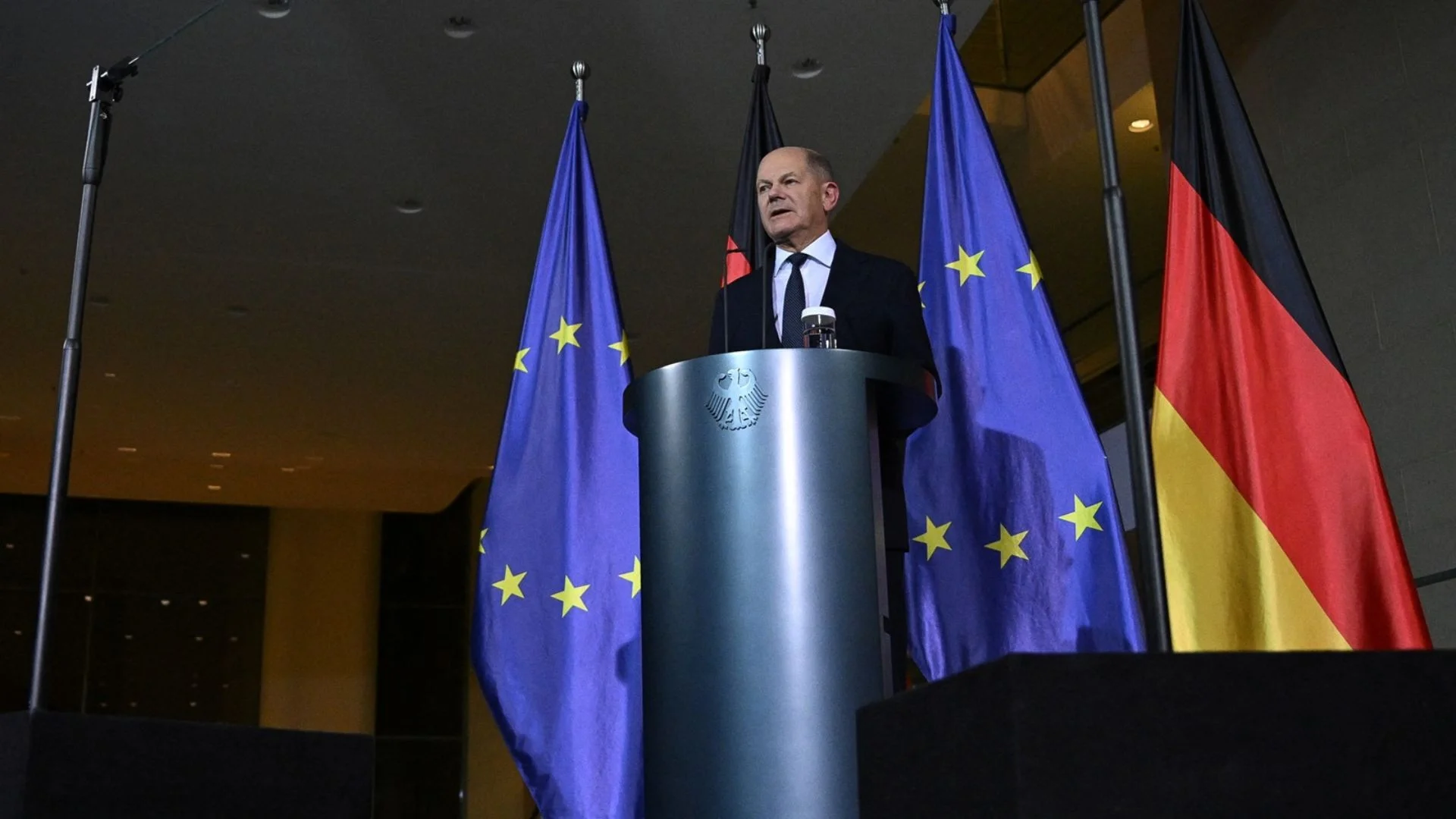
Chancellor Olaf Scholz is set to be officially named the Social Democratic Party’s (SPD) candidate for Germany’s February snap elections. The decision, expected Monday, follows Defence Minister Boris Pistorius’s announcement last week that he would not seek candidacy, clearing the path for Scholz.
The election, moved forward by seven months, was triggered by the collapse of Scholz’s coalition government with the Greens and Free Democrats (FDP) earlier this month.
Scholz, 66, faces an uphill battle, with the SPD polling at just 15%. Critics, including news magazine Der Spiegel, have labeled him the “face” of a government plagued by infighting. The main opposition, a conservative bloc of the CDU and CSU, leads with 33%, while the far-right Alternative for Germany (AfD) has surged to 18%.
Despite skepticism, Scholz remains determined. He points to his 2021 victory, where he defied expectations to secure the chancellorship. Party leaders, including SPD General Secretary Matthias Miersch, have urged members to unite behind Scholz and focus on campaigning.
Scholz has leaned on his cautious stance in military support for Ukraine to position himself as a pragmatic leader. While Germany is Kyiv’s second-largest military backer, Scholz has refused to send long-range Taurus missiles, a decision supported by 61% of Germans in recent polls.
He recently held a phone call with Russian President Vladimir Putin, a move criticized by opponents as a political maneuver to bolster his image as a “peace chancellor.”
Although some SPD members initially backed Pistorius, citing Scholz’s association with the failed coalition, the party now appears focused on showcasing Scholz’s experience. Saarland Premier Anke Rehlinger described him as “a pro in the chancellery,” while Pistorius praised Scholz as an “excellent chancellor” in his withdrawal announcement.
Opposition leaders, however, view Scholz’s candidacy as advantageous. CDU lawmaker Mathias Middelberg called the decision “good for us,” suggesting Pistorius would have posed a greater challenge.
The SPD is expected to formally confirm Scholz’s candidacy at a congress in January. Meanwhile, campaign preparations are already underway as Germany braces for a pivotal election.
